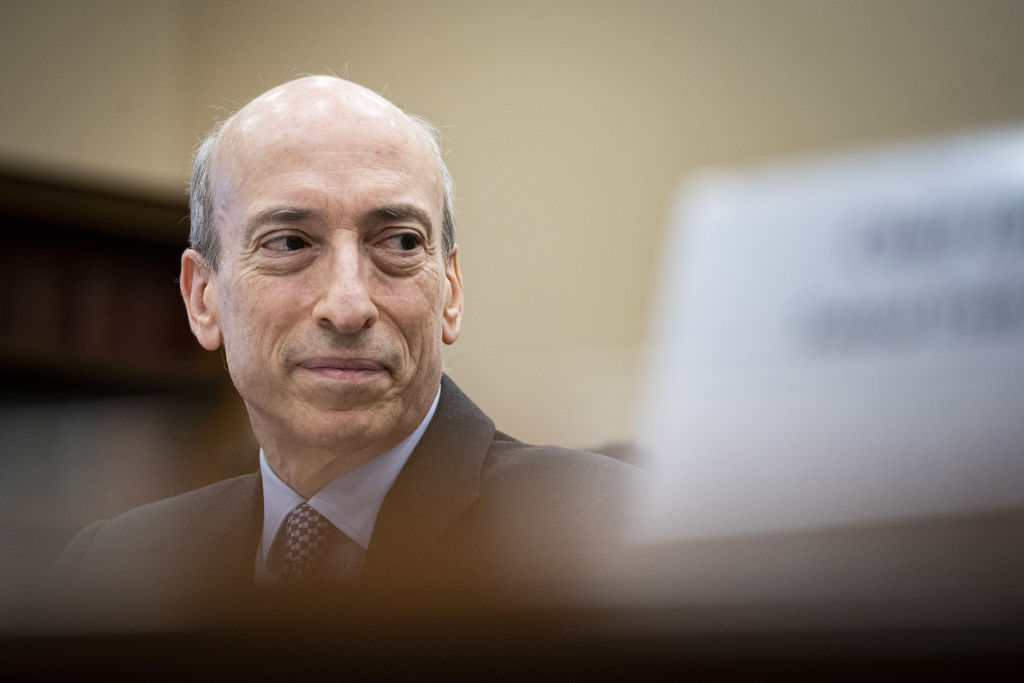SEC and FTX: The SEC has come out swinging hard against FTX, claiming that the now-defunct exchange’s native token ‘FTT’ is in fact, a security.
FTT was the ‘exchange token’ of the formerly world-leading cryptocurrency exchange FTX and according to the US Securities and Exchange commission, it was sold as an investment contract and should be legally classified as a “security” the agency said in a complaint filed on Wednesday evening.
“If demand for trading on the FTX platform increased, demand for the FTT token could increase, such that any price increase in FTT would benefit holders of FTT equally and in direct proportion to their FTT holdings,” wrote the SEC in its complaint.
Additionally, the SEC pointed out that FTX planned to use proceeds from its FTT token sale to fund the growth, development and day-to-day operations of FTX, all while using terminology that stressed to potential buyers that FTT is a real “investment” with the potential for profit.
SEC and FTX
According to Liam Hennessey, an expert on digital asset regulation and partner at Gadens law firm, the SEC’s move will have “major implications” on the crypto industry more broadly.
Hennessey said that the SEC are somewhat justified in defining FTT as a security:
“The [SEC] says that it was marketed as an investment that would appreciate in value as it grew and expanded over time, and that is the definition of an investment contract.”
Liam Hennessey, Partner at Gadens Law Firm
This will have wide-ranging implications for the tokens of other major exchanges, like Binance’s ‘BNB’ token or Crypto.com’s ‘Cronos’ coin.
“All of the exchanges who are dealing in the US will need to take a look at their tokens and see whether they could be wedged into the definition of investment contract,” Hennessey added.
The SEC made the concerning claim against FTT in a complaint that was originally filed against FTX co-founder Gary Wang and the former-CEO of Alameda Research Caroline Ellison.
According to a press release from the SEC, both Ellison and Wang have now pled guilty to the charges brought against them, and have decided not challenge any of the SEC’s allegations. Just like the exchange’s founder, Sam Bankman-Fried, the pair are also facing charges from the Department of Justice (DoJ) and the Commodity Futures Trading Commission (CFTC). If Ellison is found guilty of all the charges brought before her she could face up to 110 years in prison.
What do the SEC comments mean for crypto in Australia?
Hennessey, who works alongside the Australian Liberal Senator Andrew Bragg, said that regulatory experts in the digital asset space are focusing “very heavily” on what the US and the UK are doing.
Right now, the Australian Securities and Investment Commission are in the process of suing a number of major Aussie crypto companies like fintech firm Block Earner and money website Finder for offering unlicensed financial products.
“We’re in a really similar mess, because you have all of these actions against companies saying their tokens are actually securities or financial products,” he said.
“ASIC is going to look at what the SEC has done there and see whether it’s applicable here. And broadly, it won’t be because it’s different law. But they are taking the same route as the SEC and saying that a whole lot of these tokens are actually financial products,” he added.
Looking to the UK’s definition of crypto assets, which only labels high-risk crypto products as securities, is most likely the best regulatory model for Australia to pursue says Hennessey.
“Right now, we’re pushing for a UK model whereby only the most dangerous tokens from a risk perspective like derivatives and managed investments are classified as securities. Otherwise you’re going to get 14 year old kids minting NFTs of apes and having ASIC breathing down their necks.”





